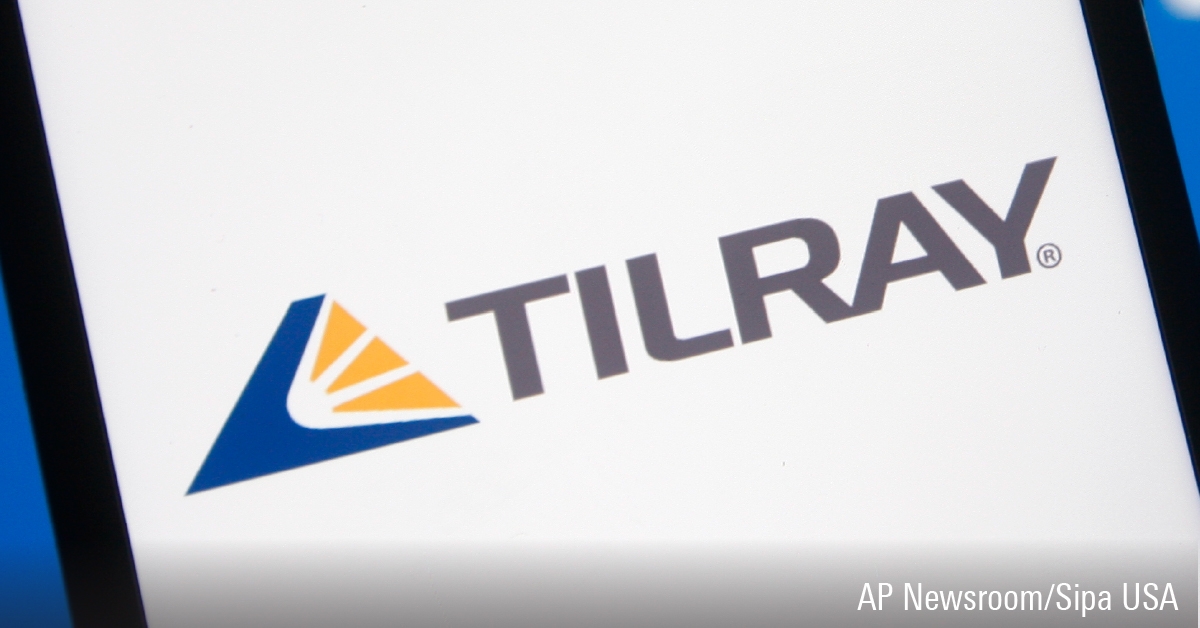Jeremy Glaser: For Morningstar, I'm Jeremy Glaser. Three tobacco companies recently raised their dividends. I'm here with Josh Peters, the editor of Morningstar DividendInvestor newsletter and our director of equity-income strategy, to find out which one he thinks looks the most attractive.
Josh, thanks for joining me.
Josh Peters: Good to be here, Jeremy.
Glaser: Let's look at these dividend increases. For investors who are comfortable owning tobacco stocks, what did they recently announce?
Peters: The most recent one was Philip Morris, which raised its dividend only 2%, which in any sort of ordinary circumstance would be thought of as a big disappointment. But, in fact, when you consider the currency headwind that Philip Morris has been facing, not just this year but over the last couple of years, the fact that they are continuing to sustain dividend growth at any level, I think, is actually quite a positive sign.
Just this year alone, you are looking at a more than 20% headwind to earnings growth from currency because they only operate outside of the United States. And of the three [tobacco companies], I think it's the cheapest, and it's the most attractive right now. It also has the highest yield, at a little more than 5% right now.
Glaser: How about Altria?
Peters: Altria came in with the biggest dividend increase of the three. I own this stock as well--and have for a number of years. It's a good pick if currency exposure wigs you out and isn't something you want to deal with. The funny thing is that Altria, when it owned Philip Morris for all those years, was able to handle variations in currency. It was certainly manageable, and it's proving manageable for Philip Morris as well. But with Altria, you're getting, essentially, a pure domestic business. You're getting some smokeless [tobacco] in Copenhagen and Skoal, a little wine business, some cigars; but still, the big engine there is Marlboro. It's an incredible industry.
The global industry that Philip Morris plays in has a lot of diversification benefits. You are playing in all sorts of jurisdictions around the world. Altria is just in the one; but here, the regulation and taxation of tobacco products has created an industry that really can operate almost like a cartel. They can grow earnings and, in fact, then grow their dividends at pretty much whatever rate they want.
And so the formula is very simple--how do you maximize the long-term cash generation from the declining base of smokers? And this continues to generate 8% or better dividend increases from Altria. They have been doing that every year since the Philip Morris spin. People thought that it might just be a no-growth business, and all you'd have is the dividend and no growth at all. In fact, it has done a very good job of growing its dividend. It's been growing its dividend, in fact, almost as fast as Philip Morris since the spin.
Glaser: With Marlboro at number one, Reynolds has the two, three and four players. What do you think of them? Do they look as attractive as the other two?
Peters: Reynolds has taken a huge step up in terms of the quality of their portfolio with their acquisition of Lorillard. And then, in turn, they spun off some of the underperforming brands that had been dragging on their overall market share to Imperial Tobacco Group, which is a British company. And so now an already-consolidated cartel industry becomes even more consolidated with this transaction.
Reynolds, I think, is a more formidable competitor now to Altria. It has a better chance of being able to sustain its market share now, where historically it has lost share in a market where volumes are already declining. So, putting Newport, Camel, and Pall Mall together, it's a good portfolio, but they also now have to integrate this acquisition. And they are going to be looking to reduce leverage associated with the cash portion of the deal.
So, I think head to head, Altria gives you a higher yield--about 4.1% right now compared with 3.4%--and the growth expectations are a lot higher at Reynolds. But that also means, I think, there's more potential for them to miss. Both stocks are kind of hovering around their fair value estimates, and both have wide economic moats. I think Altria is a less-risky play, though it's not a very high-risk business for Reynolds either. But I still like Altria and their ability to continually generate very consistent results. I think they retain an edge when picking head to head.
Glaser: Josh, thanks for the industry update today.
Peters: Thank you, too, Jeremy.
Glaser: For Morningstar, I'm Jeremy Glaser. Thanks for watching.






















